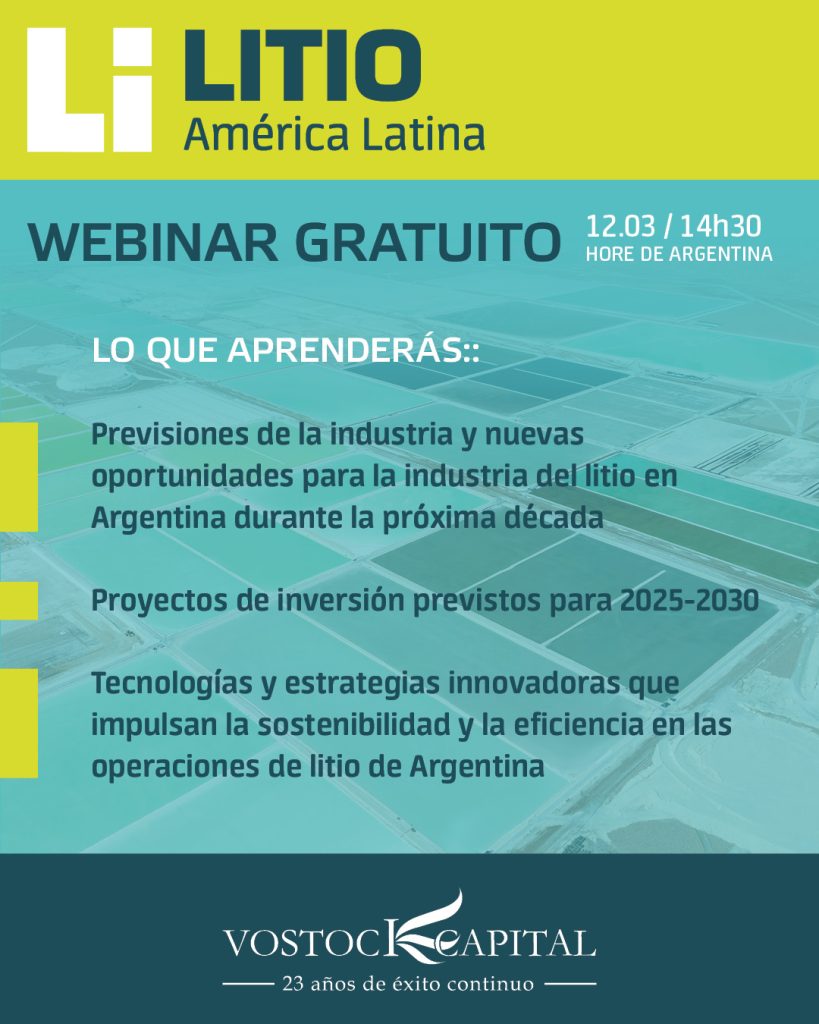Reuters
President Guillermo Lasso, who took office in May, made an ambitious pledge to double oil production
to 1mn b/d in the course of his four-year tenure.
By Alberto Araujo and Patricia Garip / Argus
QUITO/BOGOTA
Petroleumworld 12 03 2021
Ecuador is accelerating the opening of its state-run oil industry through rapid-fire reforms designed to get the private sector to tap as much of the resource as possible before the world spurns it.
Under an umbrella tax decree that took effect on 29 November, reforms to the country’s hydrocarbons legislation allow the government to tender oil and natural gas-producing fields currently operated by state-owned PetroEcuador and facilitate the migration of about 20 existing fee-based service agreements to production-sharing contracts (PSCs).
President Guillermo Lasso, who took office in May, made an ambitious pledge to double oil production to 1mn b/d in the course of his four-year tenure. The former Opec country is currently producing around 485,000 b/d of medium and heavy sour crude. Lasso envisions the private sector at the oil industry helm to allow the state to focus on health, education and other social priorities.
The reforms provide a framework for second-half 2022 auctions of two PetroEcuador-operated mature assets: the 65,000 b/d Sacha oil field and the 25mn cf/d shallow-water Amistad gas field. Energy minister Juan Carlos Bermeo says five companies are eyeing Amistad.
PetroEcuador’s contractors — including US services giants Halliburton and Schlumberger, China’s state-owned Sinopec, Canadian independent Canacol and domestic firm Sertecpet — have 90 days to notify the company of their intention to convert to PSCs and start negotiations. The contracts, which mostly date back to former president Rafael Correa’s resource-nationalist administration of 2007-17, pay a fee of around $20-30/bl for incremental output. But over the last six years, PetroEcuador suspended and renegotiated some of the agreements because of changing global oil price conditions, sparking conflicts that led to arbitration with Schlumberger and Halliburton last year.
Two companies have already expressed interest in migrating their contracts to PSCs, and negotiations could begin in January, Bermeo says. But it is not clear whether foreign ESG-minded services companies are interested in equity stakes.
«There is no incentive for the private companies to invest under a service contract because the firm receives a fee no matter what it does. We want the production-sharing agreement to be an incentive to invest. So the more crude a company produces, the more profit it makes,» Bermeo said, adding that the contracts will be tied to international oil prices, reserves volume, development plans, and the contract duration.
Ecuador is opening its downstream market too. Last week, the government signed contracts with LPG distributor Duragas and motor fuel distributor Terpel — both subsidiaries of Chile’s Copec — to import and distribute industrial LPG and high-octane gasoline. The new reforms provide tax exemptions for the fuel and gas imports.
The government also plans to outsource the operation of PetroEcuador’s 110,000 b/d Esmeraldas refinery.
Amazon campaign
Climate-driven efforts to speed up the transition away from fossil fuels — combined with pandemic-era social demands — are spurring oil-dependent countries like Ecuador to sweeten investment terms. But nationalist reflexes have hardly dissipated. Predictably, oil labor unions reject the reforms. And oil contract attorney Luis Calero says they are unconstitutional.
Veteran local analyst Walter Spurrier takes a different view, arguing that the reforms provide a more robust legal basis for private investment needed to extract the oil. «In a few decades, those crude reserves will be worthless, considering current global policies that favor renewables over fossil fuels.»
From abroad, pressure to halt drilling is growing more acute. Environmental groups Stand.earth and Amazon Watch have campaigned successfully to stop some EU banks from providing trade finance for oil from Ecuador’s Amazon oil fields. In a new report, the NGOs say most of the Amazonian oil goes to California — singling out refiners Marathon, Valero and Chevron — and call for no new oil expansion in the Amazon rainforest, focusing on acreage in Ecuador as well as Peru and Colombia.
_____________
By Alberto Araujo and Patricia Garip from Argus Media.
argusmedia.com 12 02 2021
Copyright ©1999-2021 Petroleumworld or respective author or news agency. All rights reserved.
Petroleumworld.com Copyright ©2021 Petroleumworld.



